Home>Furniture & Design>Interior Design Trends>How Do You Get Hard Water Stains Off Of Glass
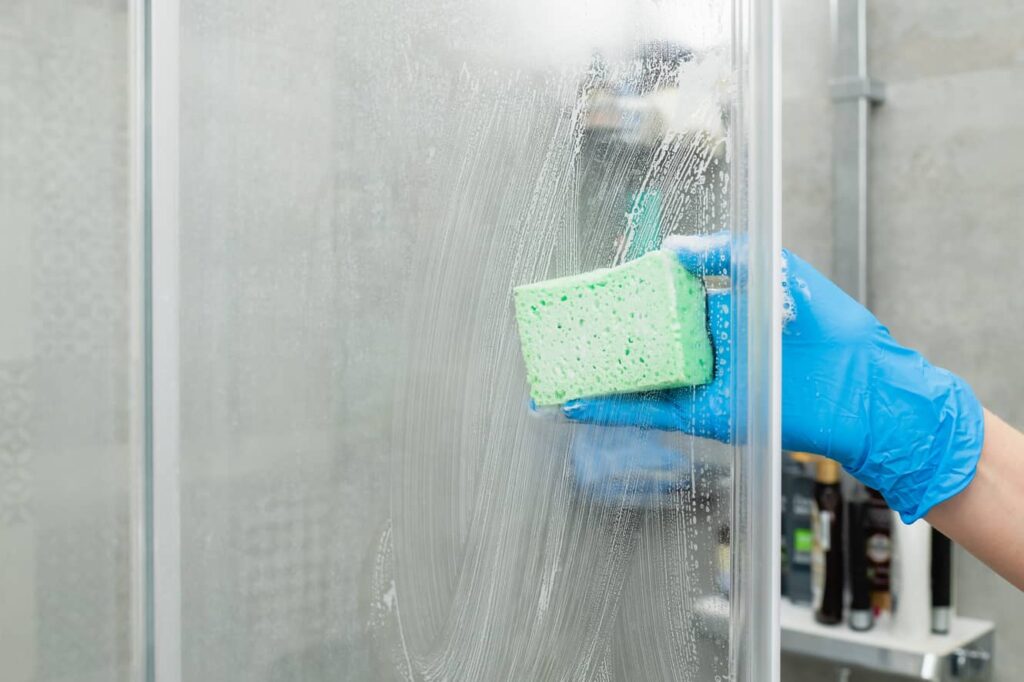

Interior Design Trends
How Do You Get Hard Water Stains Off Of Glass
Modified: February 18, 2024
Discover effective ways to remove hard water stains from glass surfaces. Explore the latest interior design trends for a sparkling, streak-free finish.
(Many of the links in this article redirect to a specific reviewed product. Your purchase of these products through affiliate links helps to generate commission for Storables.com, at no extra cost. Learn more)
Introduction
Dealing with hard water stains on glass surfaces can be a frustrating and challenging task. Whether it's on shower doors, windows, or glassware, these unsightly mineral deposits can diminish the overall aesthetic appeal of your home. However, with the right knowledge and techniques, you can effectively tackle this common issue and restore the clarity and shine of your glass surfaces.
Hard water stains are caused by the mineral content in water, particularly calcium and magnesium, which leave behind stubborn residues when water evaporates. These residues can accumulate over time, creating cloudy, opaque spots that are difficult to remove with regular cleaning methods. Understanding the nature of hard water stains is crucial in determining the most effective approach to eliminate them.
In this comprehensive guide, we will delve into the various aspects of hard water stains on glass and explore the most common and natural methods for removing them. Additionally, we will discuss preventive measures to minimize the recurrence of these pesky stains, allowing you to maintain the pristine condition of your glass surfaces for the long term.
By the end of this article, you will have a clear understanding of how to identify, treat, and prevent hard water stains, empowering you to tackle this issue with confidence and achieve sparkling, crystal-clear glass surfaces throughout your home. Let's embark on this journey to reclaim the natural beauty of your glass fixtures and enjoy a home environment that exudes cleanliness and elegance.
Key Takeaways:
- Say goodbye to hard water stains on glass surfaces with natural remedies like vinegar, lemon juice, and baking soda paste. Prevent future stains by using a squeegee and establishing a regular cleaning routine.
- Understand the causes of hard water stains and use effective removal methods like vinegar solution and commercial glass cleaners. Prevent stains with water softening systems and protective coatings for long-lasting clarity.
Read more: How To Get Hard Water Stains Off Glass
Understanding Hard Water Stains
Hard water stains, also known as limescale, are the result of mineral deposits left behind when water containing high levels of calcium and magnesium evaporates. These minerals are naturally present in many water sources and can accumulate on glass surfaces over time, creating a cloudy, opaque film that diminishes the transparency and overall appearance of the glass.
The formation of hard water stains begins when water droplets containing dissolved minerals come into contact with glass surfaces. As the water evaporates, the minerals are left behind, adhering to the glass and gradually building up over repeated exposure. This process leads to the development of stubborn, unsightly stains that can be challenging to remove using conventional cleaning methods.
The mineral content in hard water varies depending on the source, with some regions experiencing more pronounced issues with limescale buildup than others. Factors such as the hardness of the water, frequency of use, and environmental conditions can all contribute to the severity of hard water stains on glass surfaces.
One of the key characteristics of hard water stains is their resistance to traditional cleaning agents. While standard glass cleaners may effectively remove dirt and grime, they often struggle to dissolve and eliminate the mineral deposits responsible for hard water stains. As a result, specialized techniques and products are required to effectively address this specific type of staining.
It's important to note that hard water stains not only affect the visual appeal of glass surfaces but can also compromise their functionality. For instance, shower doors with significant limescale buildup may become difficult to open and close smoothly, impacting the overall user experience. Additionally, the presence of hard water stains on glassware and windows can detract from the clarity and transparency of these items, diminishing their aesthetic value.
Understanding the nature of hard water stains is essential for implementing targeted removal strategies and preventive measures. By gaining insight into the underlying causes and characteristics of limescale buildup, you can effectively combat this common issue and preserve the pristine condition of your glass surfaces.
Common Methods for Removing Hard Water Stains
When it comes to tackling hard water stains on glass surfaces, several common methods have proven to be effective in restoring clarity and shine. These methods utilize specialized cleaning agents and techniques designed to dissolve and eliminate mineral deposits, allowing you to reclaim the natural beauty of your glass fixtures. Here are some of the most widely used approaches for removing hard water stains:
-
Vinegar Solution: A popular and cost-effective method involves using a vinegar solution to break down hard water stains. By combining equal parts of white vinegar and water in a spray bottle, you can create a potent cleaning solution. Simply spray the mixture onto the affected glass surface and let it sit for several minutes to allow the acidic properties of the vinegar to loosen the mineral deposits. Afterward, use a non-abrasive cloth or sponge to gently scrub the area, effectively removing the softened stains.
-
Commercial Glass Cleaners: There are numerous commercial glass cleaners available that are specifically formulated to tackle hard water stains. These products often contain powerful ingredients designed to dissolve mineral buildup and restore the transparency of glass surfaces. When using a commercial glass cleaner, it's important to follow the manufacturer's instructions and apply the product evenly across the affected area. After allowing the cleaner to penetrate the stains, use a soft cloth or sponge to wipe away the residue, revealing a clear and pristine glass surface.
-
Lemon Juice: The natural acidic properties of lemon juice make it an effective alternative for removing hard water stains. Simply apply freshly squeezed lemon juice directly onto the stained glass surface and let it sit for a few minutes. The citric acid in the lemon juice will work to dissolve the mineral deposits, making it easier to wipe them away. After allowing the lemon juice to work its magic, use a damp cloth to gently scrub the area, effectively eliminating the stubborn stains.
-
Baking Soda Paste: For more stubborn hard water stains, creating a paste using baking soda and water can provide an extra boost in the cleaning process. Mix baking soda with a small amount of water to form a thick, spreadable paste. Apply the paste to the affected glass surface and gently scrub the area using a non-abrasive sponge or cloth. The mild abrasive nature of baking soda, combined with its alkaline properties, can effectively break down and lift away tough mineral deposits, restoring the clarity of the glass.
By employing these common methods for removing hard water stains, you can effectively address limescale buildup and restore the natural luster of your glass surfaces. These approaches offer practical and accessible solutions for combating this common issue, allowing you to maintain a clean and visually appealing home environment.
Natural Remedies for Removing Hard Water Stains
In addition to conventional cleaning methods, natural remedies offer effective and eco-friendly alternatives for removing hard water stains from glass surfaces. These remedies harness the power of common household ingredients to dissolve mineral deposits and restore the pristine clarity of glass fixtures. By incorporating natural solutions into your cleaning routine, you can achieve impressive results while minimizing the use of harsh chemicals. Here are some natural remedies for removing hard water stains:
Distilled White Vinegar
Distilled white vinegar is a versatile and potent natural cleaner that can effectively combat hard water stains. Its acidic nature enables it to break down mineral deposits, making it an ideal choice for restoring the transparency of glass surfaces. To utilize distilled white vinegar as a natural remedy, simply fill a spray bottle with undiluted vinegar and generously apply it to the affected areas. Allow the vinegar to sit for several minutes to penetrate the stains, then use a non-abrasive cloth or sponge to gently scrub the glass surface. The acidic properties of the vinegar will work to dissolve the mineral deposits, facilitating their removal and leaving behind a sparkling, streak-free finish.
Baking Soda and Vinegar Paste
Combining baking soda with distilled white vinegar creates a powerful paste that can effectively tackle stubborn hard water stains. Begin by sprinkling baking soda over the stained glass surface, ensuring even coverage. Next, spray the area with distilled white vinegar, causing a foaming reaction as the two ingredients interact. Allow the paste to sit for a few minutes, allowing the bubbling action to loosen the mineral deposits. Then, use a soft cloth or sponge to gently scrub the area, working the paste into the stains to facilitate their removal. The combined action of baking soda and vinegar creates a potent cleaning solution that can effectively restore the clarity and shine of glass surfaces.
Citrus-Based Cleaners
Citrus-based cleaners, derived from natural citrus extracts, offer a refreshing and effective approach to removing hard water stains. These cleaners harness the natural acidic properties of citrus fruits, such as oranges and lemons, to dissolve mineral deposits and leave glass surfaces gleaming. When using a citrus-based cleaner, simply apply it to the affected areas and allow it to sit for a few minutes, allowing the natural acids to penetrate the stains. Afterward, use a soft cloth or sponge to gently scrub the glass surface, effectively lifting away the dissolved mineral deposits. The pleasant citrus aroma adds an enjoyable touch to the cleaning process, making it a delightful and effective natural remedy for combating hard water stains.
By incorporating these natural remedies into your cleaning routine, you can effectively remove hard water stains from glass surfaces while embracing eco-friendly and sustainable cleaning practices. These natural solutions offer a gentle yet powerful approach to restoring the natural beauty of glass fixtures, allowing you to maintain a clean and visually appealing home environment.
Preventing Hard Water Stains
Preventing hard water stains on glass surfaces involves proactive measures aimed at minimizing the accumulation of mineral deposits and preserving the pristine clarity of the glass. By implementing preventive strategies, you can reduce the frequency of cleaning and maintenance while ensuring that your glass fixtures maintain their natural luster for an extended period. Here are effective methods for preventing hard water stains:
Squeegee After Each Use
One of the most straightforward yet impactful preventive measures is to use a squeegee to remove excess water from glass surfaces after each use. Whether it's shower doors, windows, or glass tabletops, running a squeegee across the surface can effectively remove water droplets before they have a chance to evaporate and leave behind mineral deposits. This simple practice can significantly reduce the likelihood of hard water stains, preserving the transparency and cleanliness of the glass.
Read more: How To Get Hard Water Stains Off Bathtub
Regular Cleaning Routine
Establishing a regular cleaning routine for glass surfaces can help prevent the buildup of hard water stains. By incorporating gentle cleaning methods into your maintenance schedule, such as using a mild soap and water solution or a vinegar-based cleaner, you can proactively remove mineral residues before they accumulate and become stubborn stains. Consistent cleaning not only maintains the visual appeal of the glass but also prevents the need for more intensive cleaning measures in the future.
Water Softening Systems
Installing a water softening system in your home can effectively reduce the mineral content in the water supply, minimizing the occurrence of hard water stains. These systems work by replacing calcium and magnesium ions with sodium ions, resulting in softer water that is less likely to leave behind mineral deposits. By investing in a water softening system, you can proactively address the root cause of hard water stains and enjoy the benefits of cleaner, clearer glass surfaces throughout your home.
Protective Coatings
Applying a protective coating or sealant to glass surfaces can create a barrier that helps prevent the adhesion of mineral deposits. There are specialized glass sealants available that form a transparent, durable layer on the glass, reducing the accumulation of hard water stains and making cleaning easier. By treating your glass fixtures with a protective coating, you can proactively safeguard them against the damaging effects of mineral buildup, maintaining their pristine appearance for an extended period.
Proper Ventilation
Ensuring adequate ventilation in areas prone to hard water stains, such as bathrooms and kitchens, can help minimize the impact of mineral deposits on glass surfaces. Proper ventilation reduces the humidity levels in these spaces, allowing water to evaporate more quickly and decreasing the likelihood of mineral residues being left behind. By promoting better airflow and ventilation, you can create an environment that is less conducive to the formation of hard water stains, preserving the clarity and cleanliness of your glass fixtures.
By incorporating these preventive measures into your home maintenance routine, you can effectively minimize the occurrence of hard water stains on glass surfaces and prolong the pristine condition of your glass fixtures. These proactive strategies offer practical and sustainable solutions for preserving the natural beauty of your home environment, allowing you to enjoy sparkling, crystal-clear glass surfaces for years to come.
Read more: How To Get Water Stains Off Of Glass
Conclusion
In conclusion, addressing hard water stains on glass surfaces requires a multifaceted approach that encompasses understanding, removal, and prevention. By gaining insight into the nature of hard water stains and the factors contributing to their formation, individuals can effectively implement targeted removal strategies to restore the clarity and shine of their glass fixtures. Whether utilizing common methods such as vinegar solutions and commercial glass cleaners or embracing natural remedies like distilled white vinegar and citrus-based cleaners, the options for removing hard water stains are diverse and accessible.
Furthermore, the proactive prevention of hard water stains plays a crucial role in maintaining the pristine condition of glass surfaces. By integrating practices such as squeegeeing after each use, establishing a regular cleaning routine, investing in water softening systems, applying protective coatings, and ensuring proper ventilation, individuals can minimize the accumulation of mineral deposits and preserve the natural luster of their glass fixtures.
Ultimately, the battle against hard water stains is not only about achieving immediate results but also about implementing sustainable and eco-friendly practices that contribute to a clean and visually appealing home environment. By combining effective removal methods with proactive preventive measures, individuals can enjoy sparkling, crystal-clear glass surfaces that enhance the overall aesthetic of their living spaces.
In the journey to combat hard water stains, it's essential to recognize the transformative power of knowledge and the practicality of natural remedies. With a comprehensive understanding of the causes and characteristics of hard water stains, individuals can confidently navigate the process of removal and prevention, empowering them to reclaim the natural beauty of their glass fixtures and maintain a home environment that exudes cleanliness and elegance.
In essence, the battle against hard water stains is a testament to the resilience and ingenuity of individuals in preserving the visual appeal and functionality of their living spaces. By embracing effective removal methods, harnessing the potential of natural remedies, and implementing proactive preventive measures, individuals can conquer the challenge of hard water stains and revel in the radiance of their sparkling glass surfaces for years to come.
Frequently Asked Questions about How Do You Get Hard Water Stains Off Of Glass
Was this page helpful?
At Storables.com, we guarantee accurate and reliable information. Our content, validated by Expert Board Contributors, is crafted following stringent Editorial Policies. We're committed to providing you with well-researched, expert-backed insights for all your informational needs.
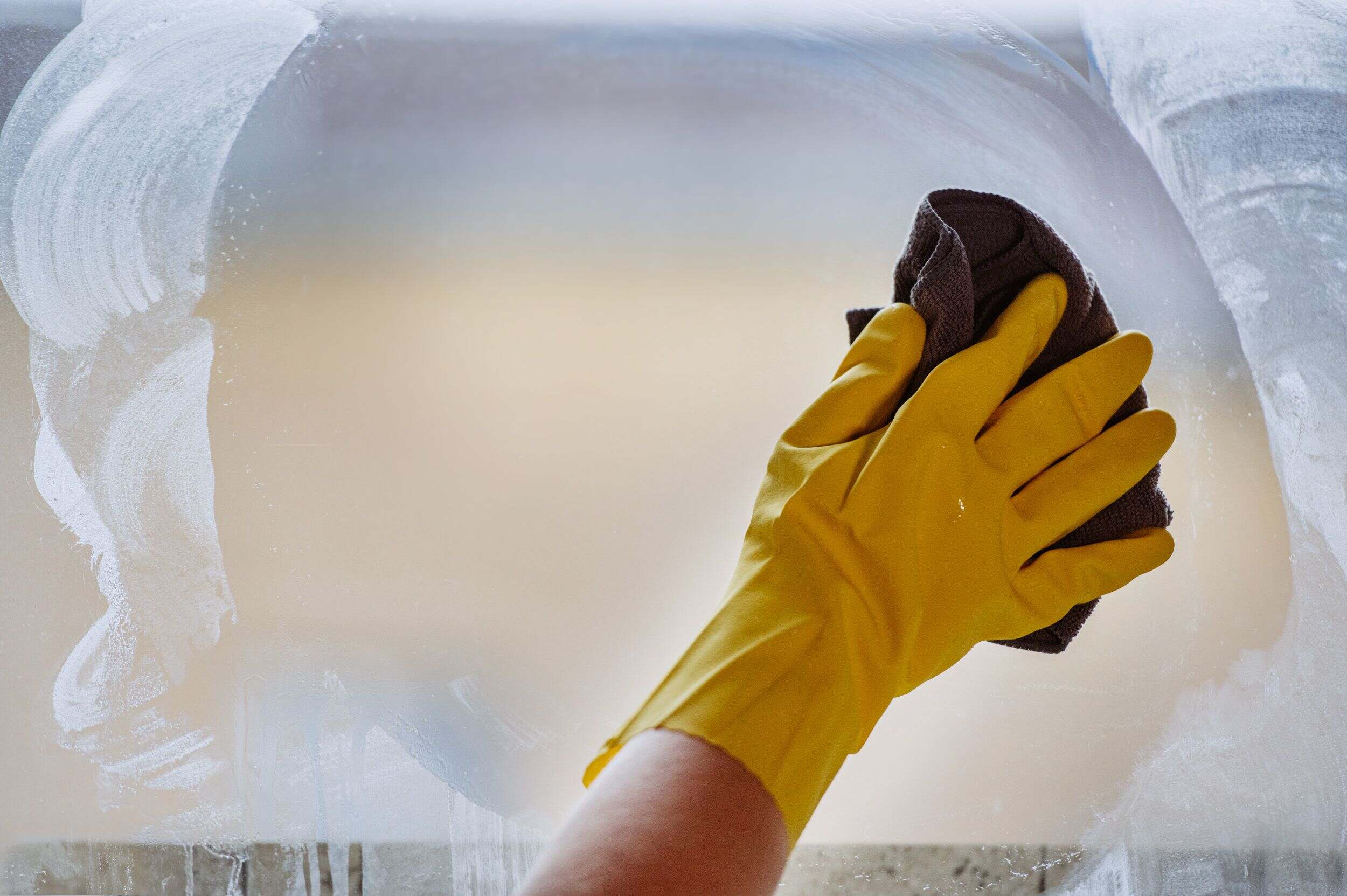
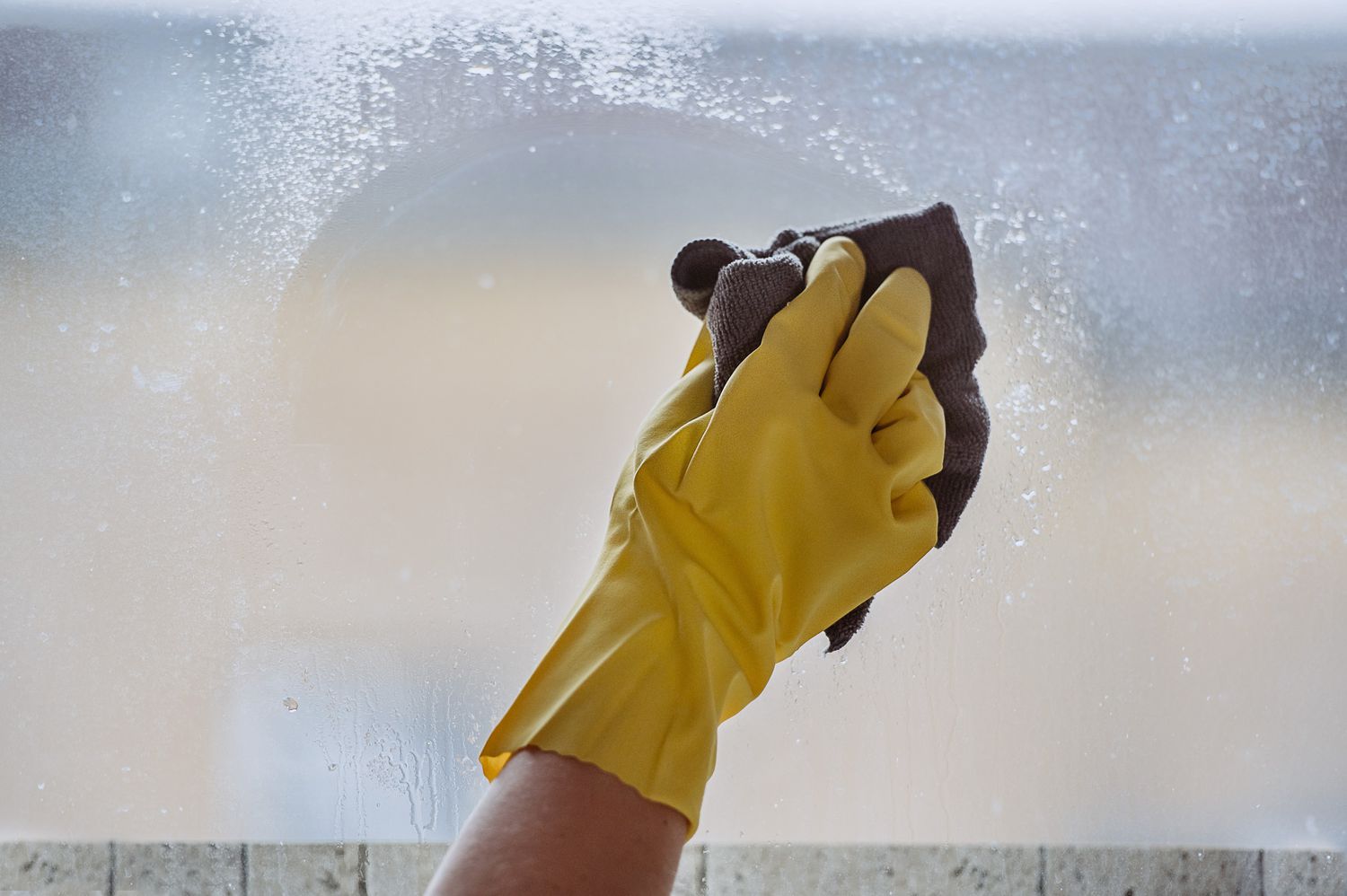
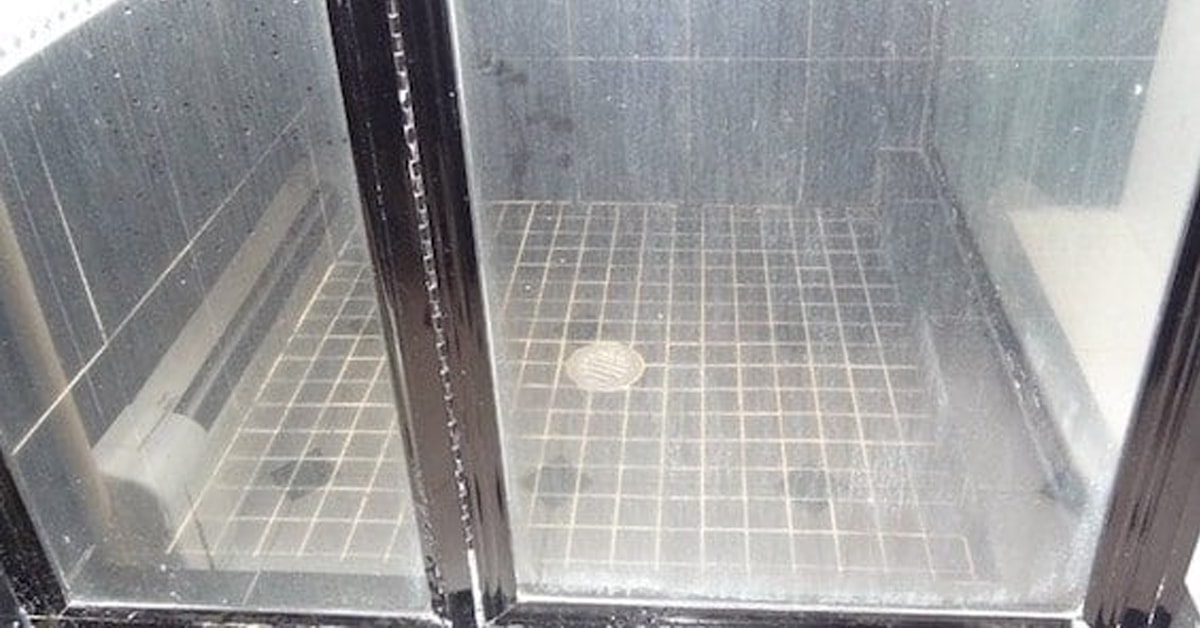
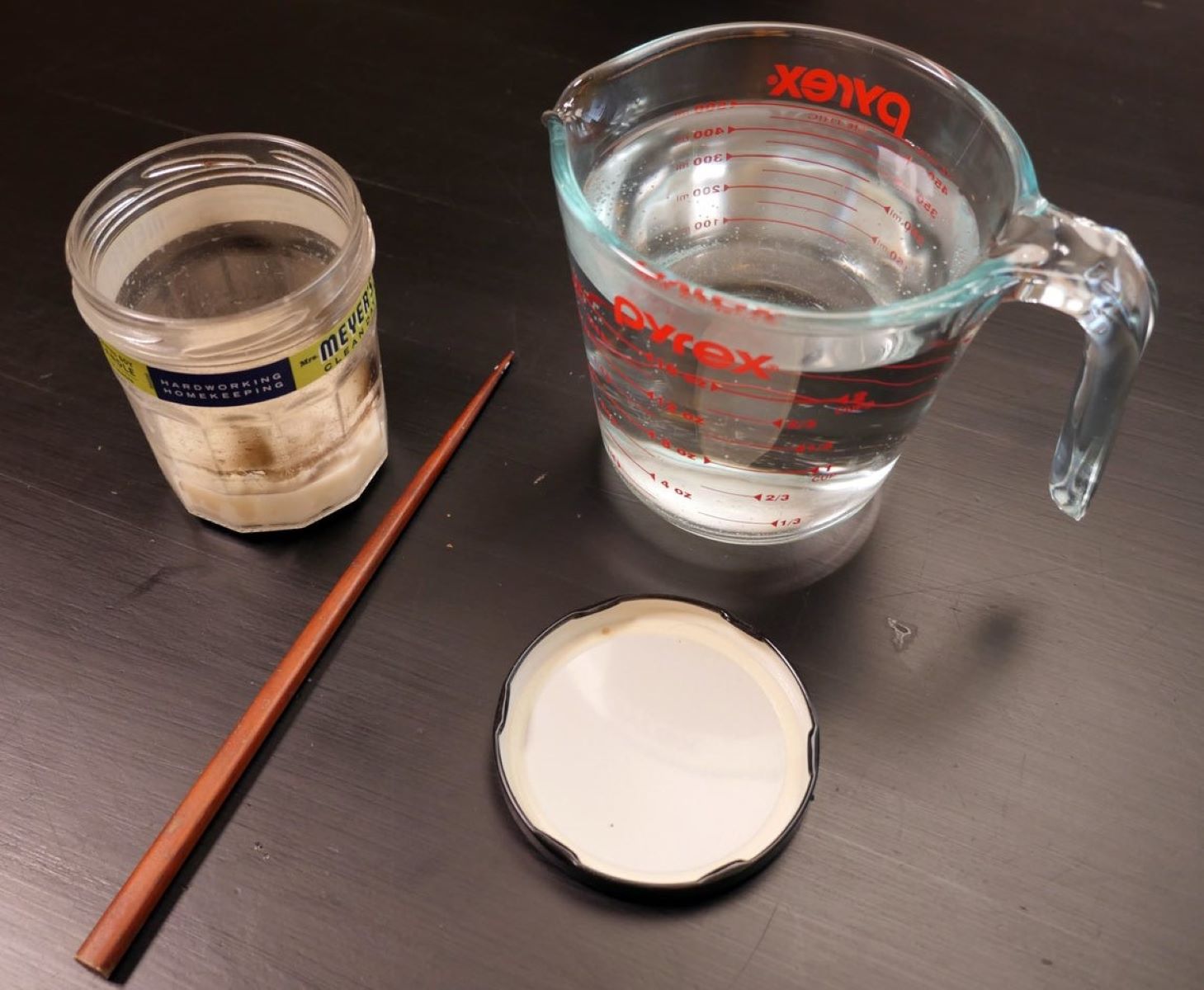
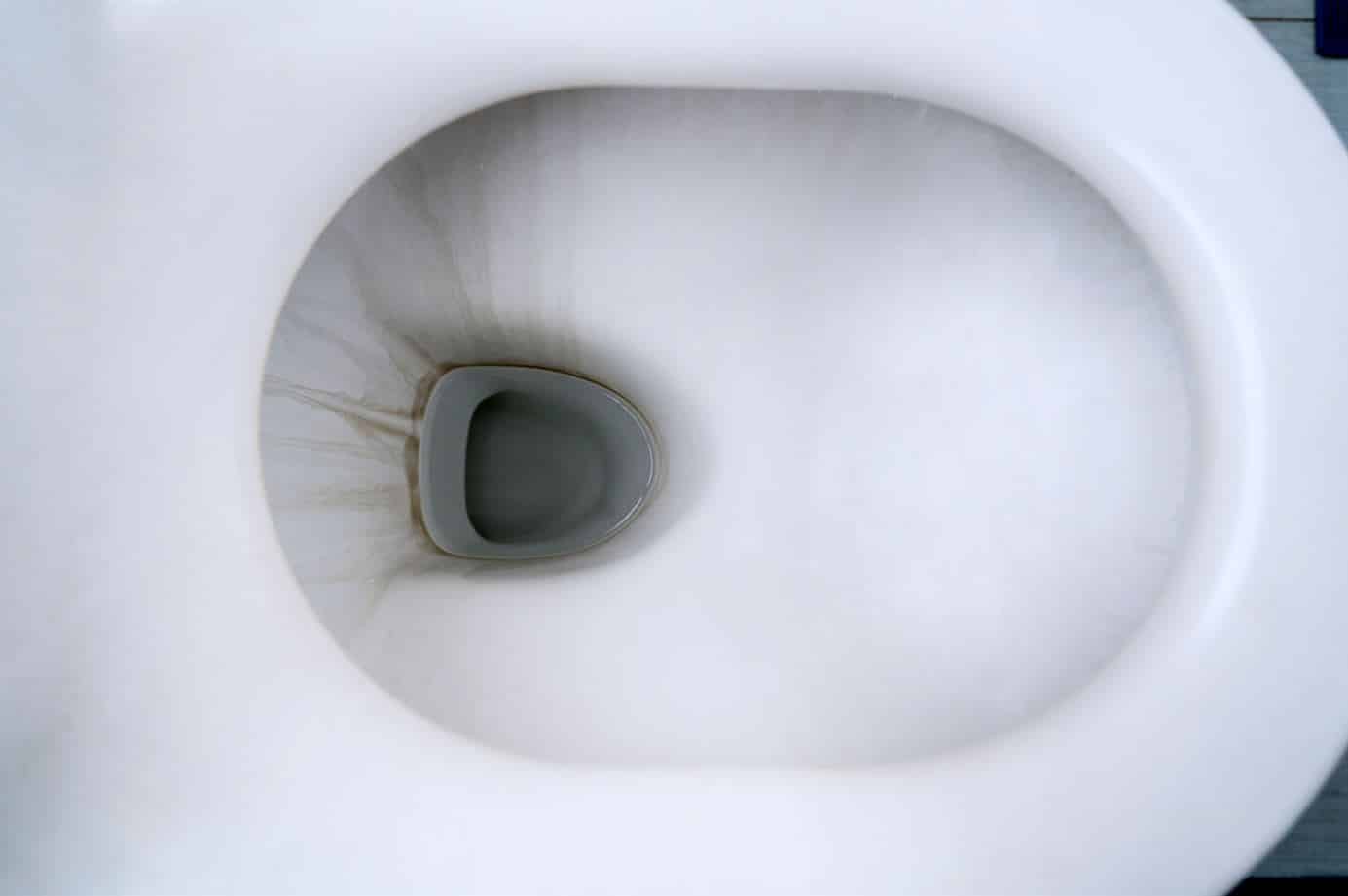
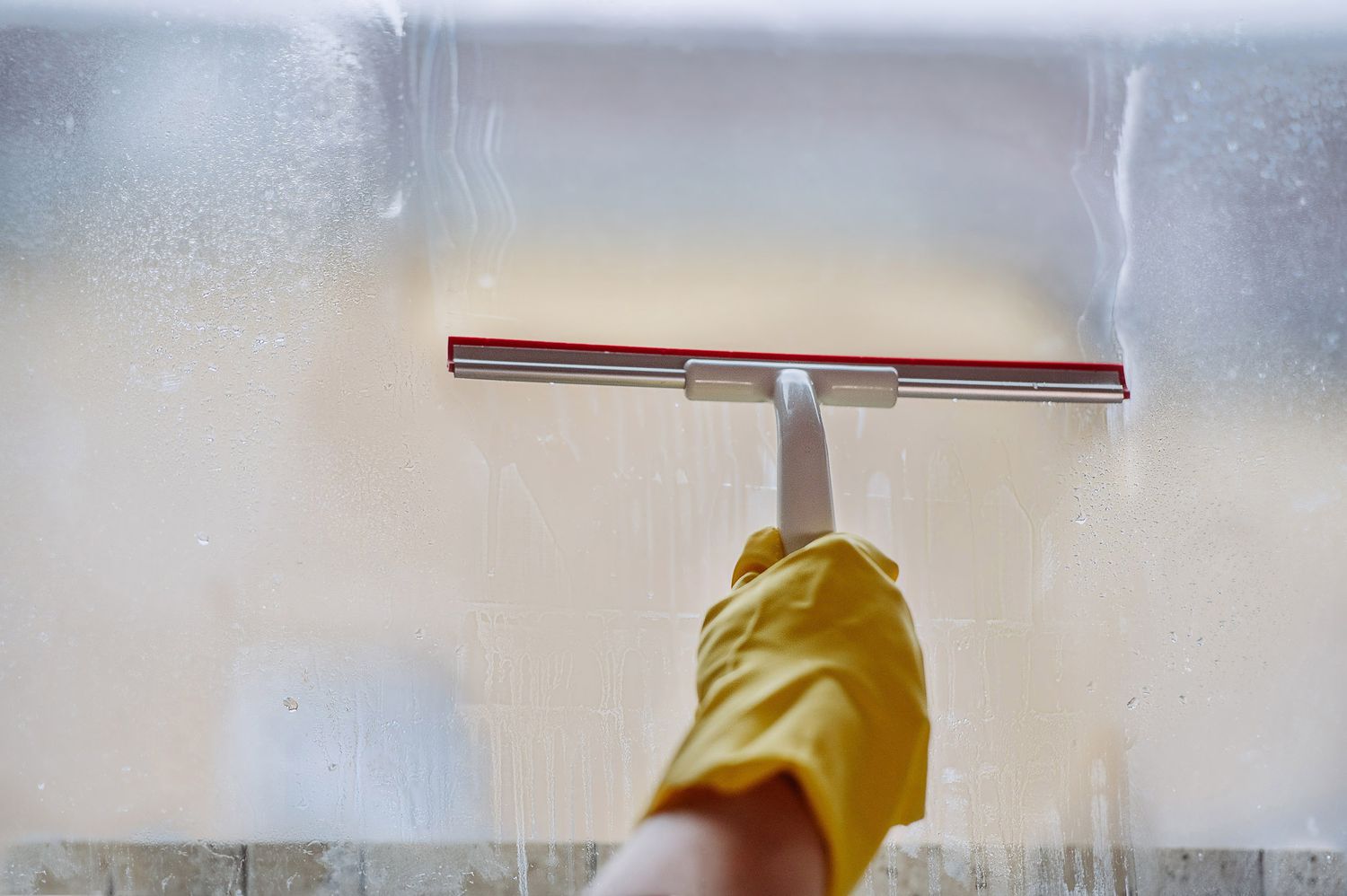
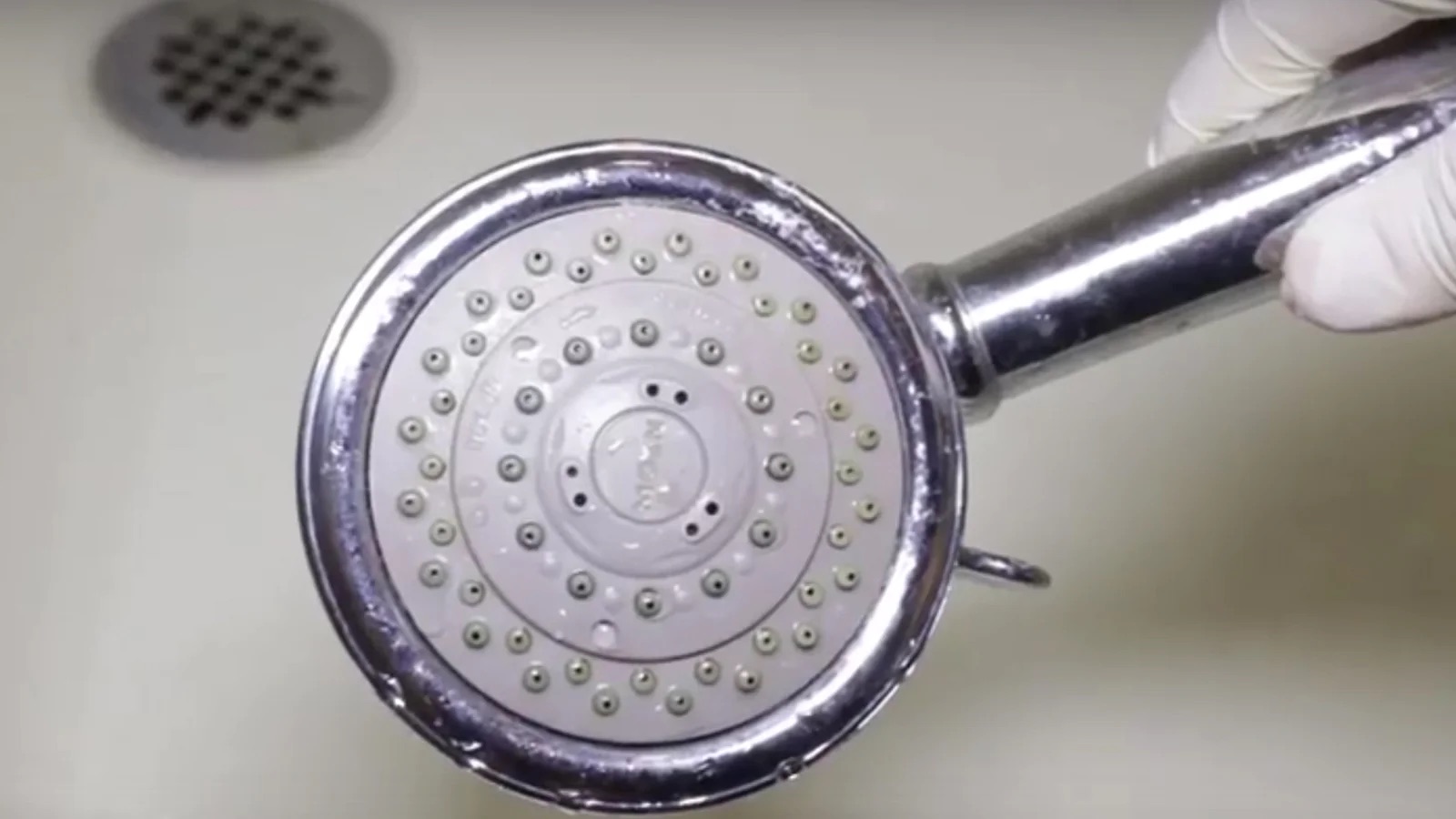
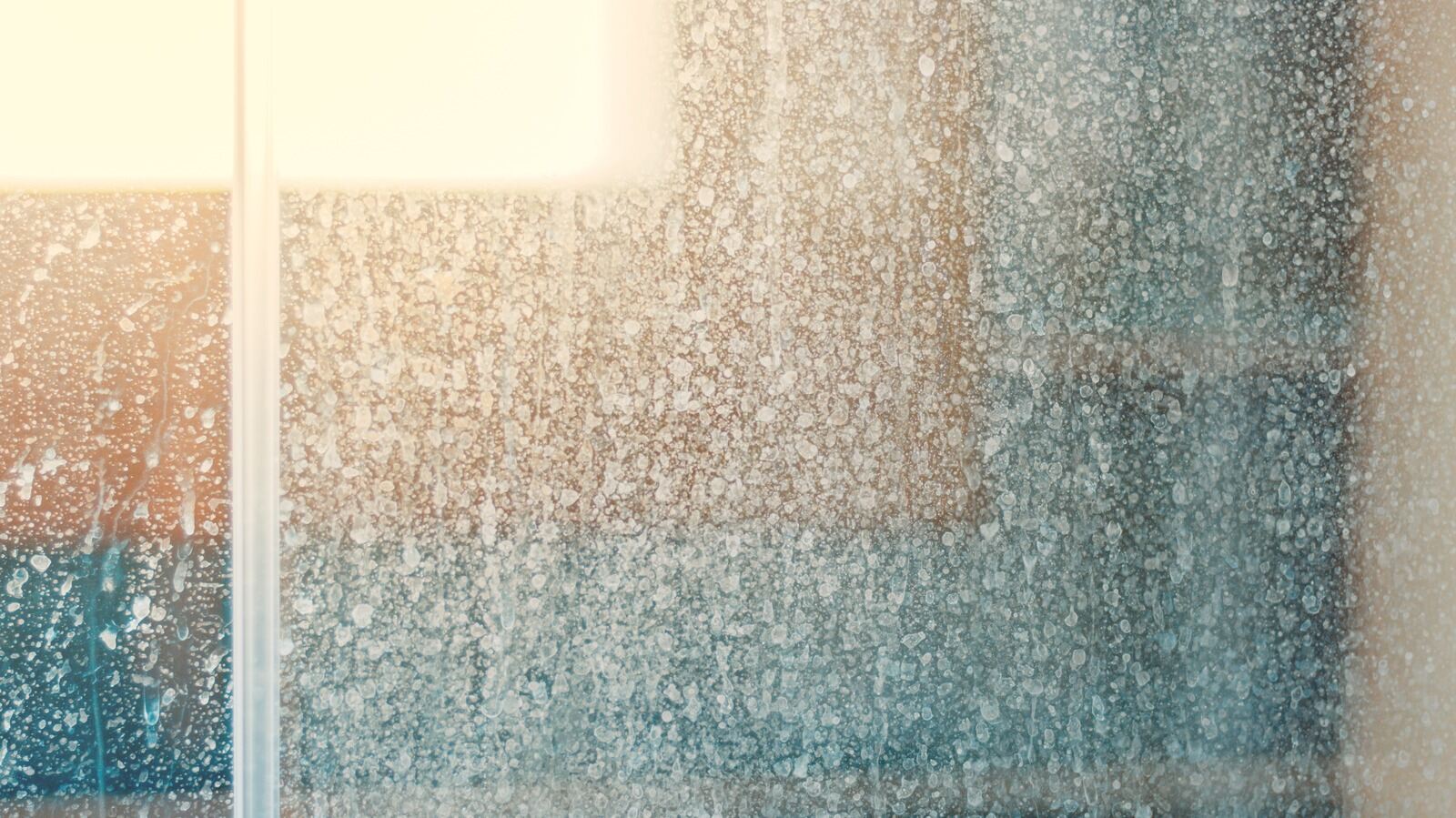
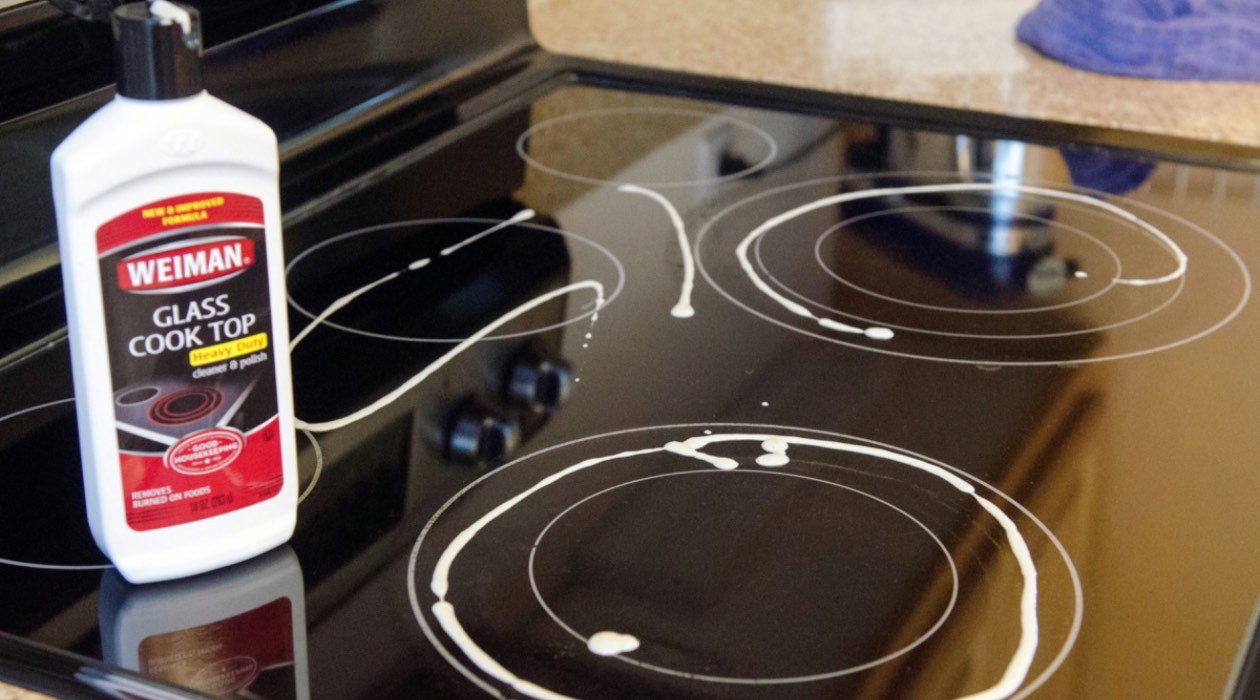
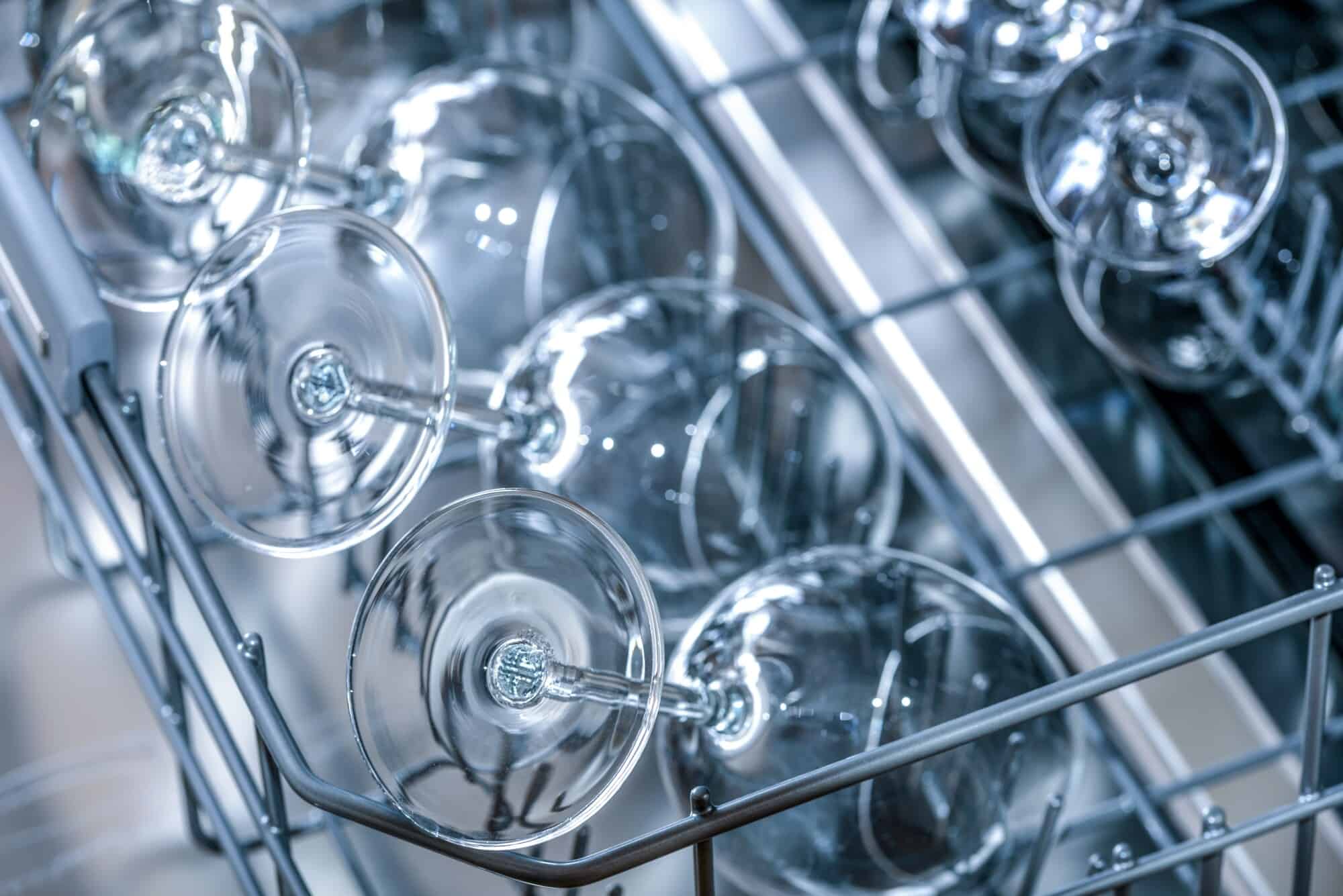
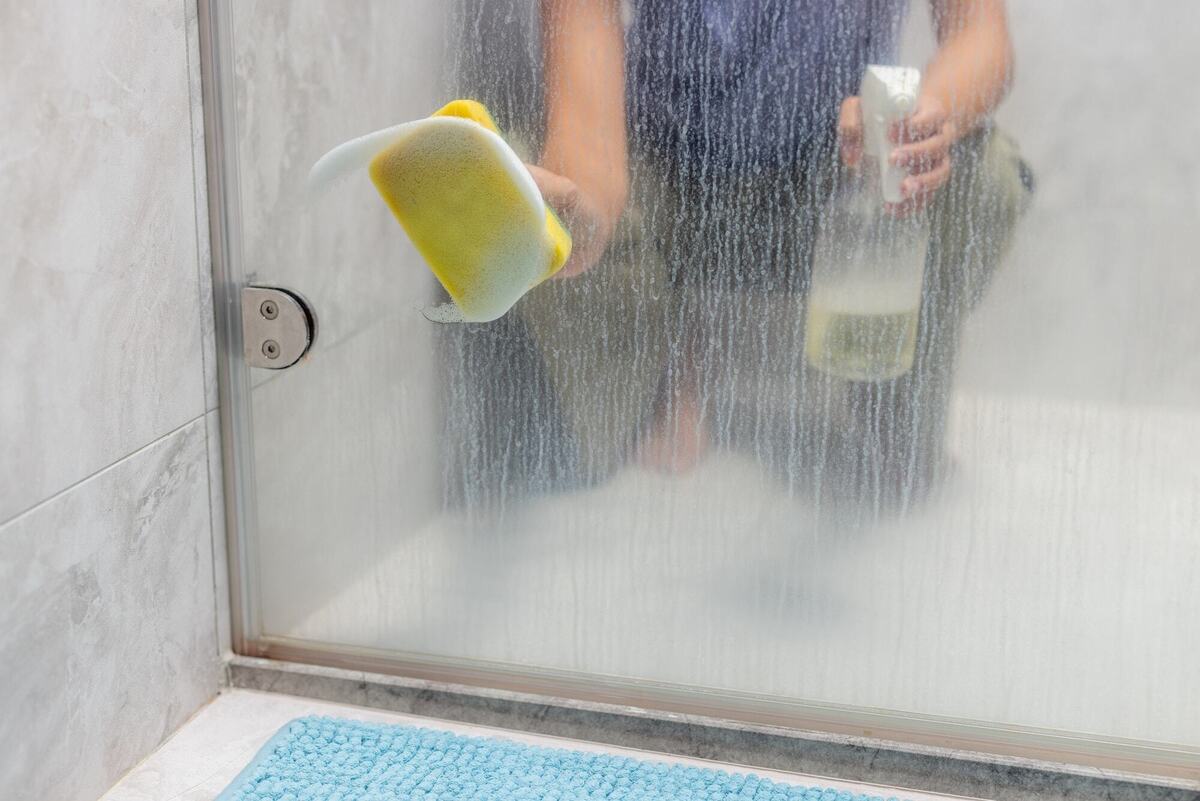
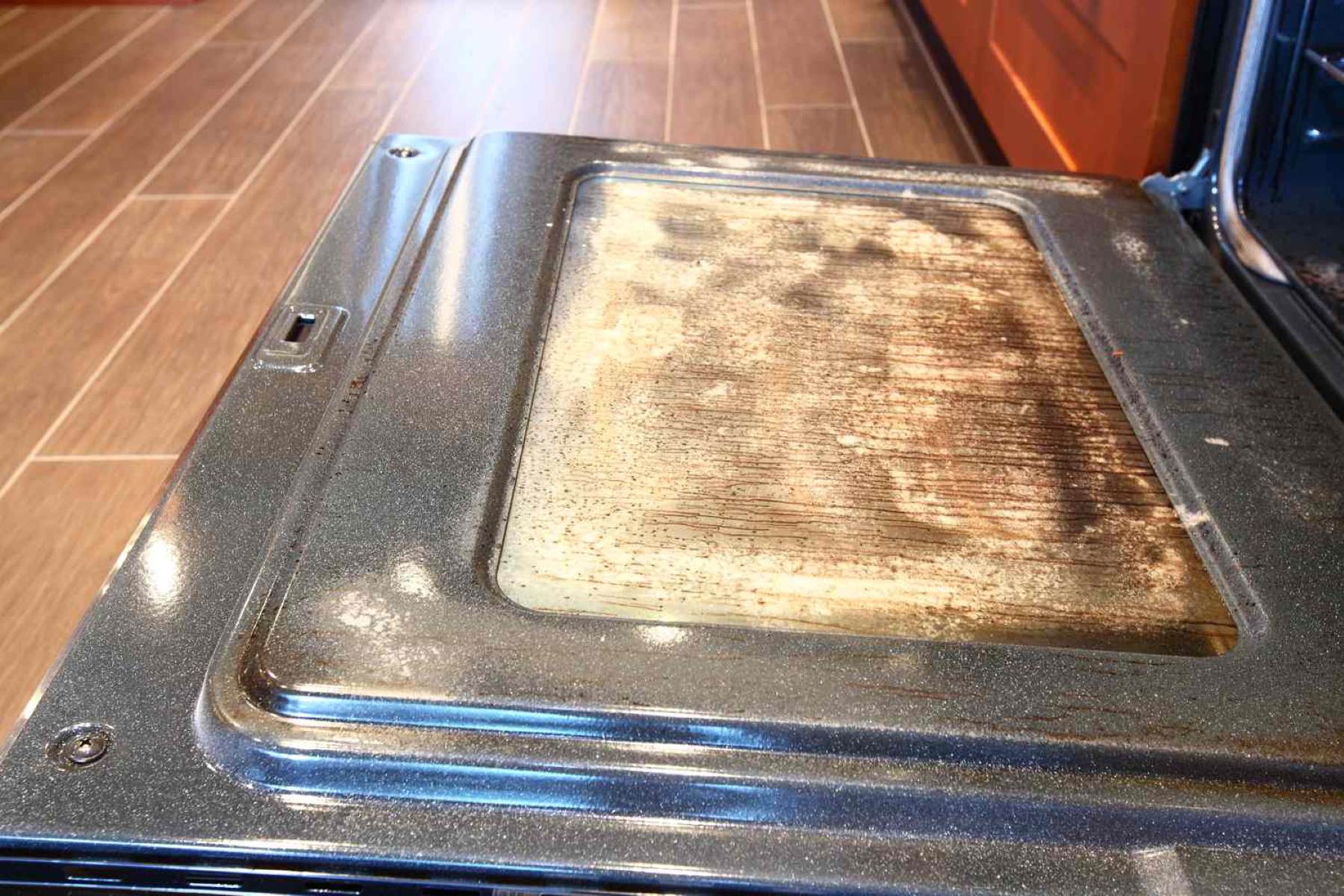

0 thoughts on “How Do You Get Hard Water Stains Off Of Glass”